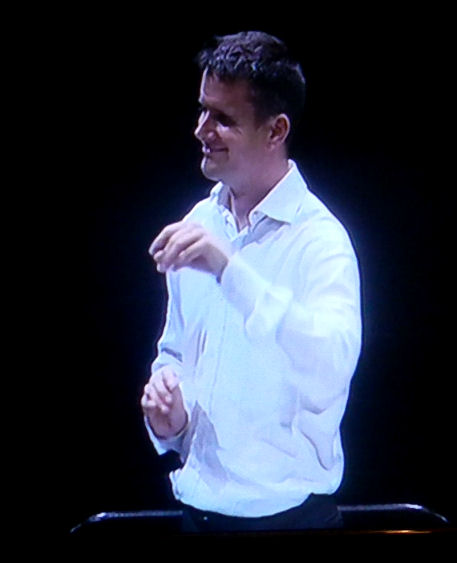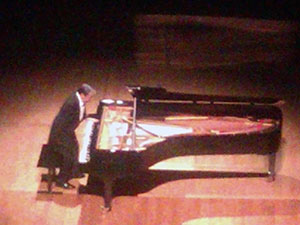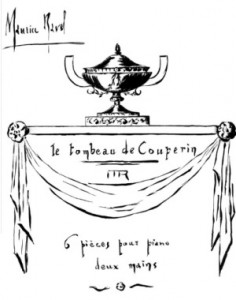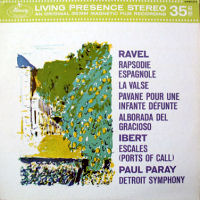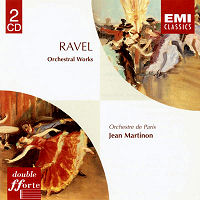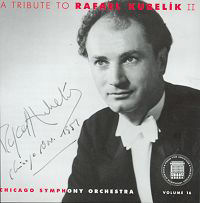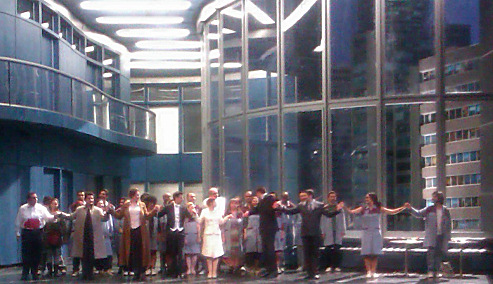
|
On a eu la chance d’être invité hier soir à une représentation de Don Juan dirigée par Philippe Jordan, car cela a permis d’écouter enfin ‘en live’ ce jeune chef de 37 ans que nous avions eu le bonheur de rencontrer brièvement il y a quelques semaines. Je ne pus m’empêcher alors de lui faire le parallèle entre lui et Rafaël Kubelík, qui le fit sourire : tous deux fils de grands musiciens (le chef Armin Jordan et le violoniste Jan Kubelík), tous deux citoyens suisses, chefs d’orchestre internationaux, compositeurs et grands pianistes… Pour ce qui est du Philippe Jordan chef de fosse, on a été bluffé par son absolue maîtrise de toutes les forces en concours : pas un décalage fosse-scène, la précision sans faille de sa battue (très variée d’ailleurs), son attention à tous les protagonistes : par exemple, il ne quitta pas des yeux le joueur de mandoline pendant toute sa partie dans la Sérénade. Les couleurs étaient magnifiques, dans des tempi certes généralement mesurés, avec parfois des pianissimi d’une grande efficacité musicale (gageons que dans 25 ans il ne fléchira plus à moitié les genoux pour obtenir une nuance piano, voire carrément accroupi pour un pianissimo…). Juste une impression : il me semble que l’on entend moins d’aigus des cordes au parterre qu’au premier balcon par exemple. Sinon, il se confirme bien que l’Opéra de Paris se situe au top niveau international grâce au meilleur orchestre français, à des distributions toujours bien choisies, que les solistes soient déjà célèbres ou non, et à des mises en scènes de qualité. La mise en scène de Michael Haneke était superbe et les solistes pratiquement tous remarquables : nos 2 stars ‘baroques’, Véronique Gens – digne et émouvante Donna Elvira – et Patricia Petibon – peut-être pas la voix la plus mozartienne, mais quelle voix !, sans oublier la Zerline de Gaëlle Arquez ; parmi les chanteurs on aura bien sûr été éblouis par Peter Mattei dans le rôle titre, tant par sa prestation vocale que par son jeu scénique. 24/5/12 : On a assisté à la générale du concert d’hier soir à l’Opéra de Paris : Prélude à l’après-midi d’un faune, Nuits d’été et Le Sacre. C’était épatant de voir ce grand chef dans ses oeuvres : autorité naturelle, profession-nalisme, clarté de la gestuelle, avec un (superbe) orchestre très concentré et à l’écoute : ainsi quand il demande dans le Spectre de la rose au clarinettiste de jouer un passage de façon un peu plus éthérée (« c’est le spectre de la rose, pas la rose ! »), non seulement le clarinettiste le fait, mais tout l’orchestre change également légèrement sa sonorité… On eut droit à une mise en place du Sacre impeccable et évidemment le Boléro, donné sans doute hier soir en bis, ne vit pas son tempo s’accélérer… (19/12/12) Décidément sa prestation dans Carmen à l’Opéra de Paris en ce moment n’a pas bonne presse… Ce qui est amusant c’est que les critiques, n’étant pas satisfaits du spectacle, se mettent tous à critiquer l’acoustique « hall de gare » de l’Opéra Bastille. On est bien d’accord avec eux – on se rappelle une 7e de Bruckner par Celibidache horrible tellement le son semblait perdu on ne sait où – mais c’était bien au même endroit qu’a été donné ce superbe Don Juan par le Même Philippe Jordan, avec un orchestre et un chœur certainement pas plus fourni ! |
We had the chance to be invited yesterday evening to a representation of Don Giovanni directed by Philippe Jordan. Chance, because it was possible to finally see live this young 37 years old conductor who we were fortunate to briefly meet a few weeks ago. I then couldn’t prevent myself from presenting him a parallel between him and Rafaël Kubelík, which made him smile: both are sons of renowned musicians (the conductor Armin Jordan and the violinist Jan Kubelík), both Swiss citizens, international conductors, composers and great pianists… If he is mainly known in France for his activity with the Opera of Paris where he conducts the ‘répertoire’ (Mozart, Wagner, Strauss mainly, soon Carmen), Philippe Jordan increases his repertory of symphonic works and often conducts selected partitions of contemporary music (like the creation of the concerto for violin by Bruno Mantovani in Pleyel last February or the last work of Carigliano in Rome). Son of the conductor Armin Jordan, he made his beginnings – as Karajan – as Kappellmeister in Stadttheater in Ulm, then will be 3 years lasting musical director of the Opera of Graz and the philharmonic Orchestra of Graz where he will learn the job, as he quoted it. He is also a high level pianist and a composer, even if he prefers to remain discrete on this subject for the moment. In addition to Carmen and the Ring, the Parisian will be be able to listen to him next year in the symphonic repertoire: Triple of Beethoven and Ein Heldenleben in March, 10th of Shostakovich in May, Requiem of Verdi in June. Lastly, in April, he will be at the piano, with the actress Marthe Keller, to accompany the baritone Roman Trekel in The Beautiful Maguelonne by Brahms. As regards to the Philippe Jordan opera conductor, one was bluffed by his absolute control of all the forces in contest: not a shift pit-scene, precision without fault of his beating (very varied besides), his attention to all the protagonists: for example, he did not leave eyes from the mandoline player during all his part in the Serenade. The colors were splendid, in certainly generally measured tempi, with some pianissimi of a great musical effectiveness (let us guarantee that in 25 years he will not any more bend with half the knees to obtain a nuance piano, even straightforwardly squatted for a pianissimo…). Just an impression: it seems to to me that one hears less treble from the strings from the ‘parterre’ than from the first balcony for example. Anyway, it is well confirmed that the Opera of Paris is at the best international level thanks to the best French orchestra, with distributions always well selected, soloists being already famous or not, and with quality stagings. The staging of Michael Haneke was superb and the soloists practically all remarkable: our 2 ‘baroques’ stars , Véronique Gens – worthy and moving Donna elvira – and Patricia Petibon – perhaps not the most Mozartian voice, but what a voice! – without forgetting Zerline by Gaëlle Arquez; among the singers one will of course has been dazzled by Peter Mattei in the title role, as well by his singing and by his scenic play. |

